The staff was nice and informative, I was able to talk to them. They also have a pharmacy on site. For appointments to work you better be on time.
About 3616 South I-10 Service Road West Metairie LA, 70001
Jefferson Parish Human Services Authority (JPHSA) is a public community focused integrated healthcare network situated along I-10 Service Road at Metairie, a major suburb of New Orleans in Jefferson Parish, Louisiana. They provide personalized mental health support and substance use recovery using proven methods to foster positive behavioral changes and lasting healing. They accept Medicaid and offer sliding fee discounts that let you pay according to your income. Services are delivered in a convenient outpatient location with telehealth appointments supported to optimize convenience.
Substance Use Care With Priority Admission
JPHSA’s East Jefferson Health Center offers both outpatient and residential substance use disorder recovery. They offer targeted support for pregnant women who are intravenous drug users, other pregnant substance users and other clients who use drugs intravenously. You’ll be admitted for assessment and treatment support ASAP if you fall within this group.
The assessment helps the care team determine the level of care suitable for your unique condition. Their residential program is suitable if you’re dealing with moderate to severe substance use issues requiring 24 hour therapeutic support within a residential setting. Outpatient therapy is suitable for moderate to mild substance use issues and involves group and individual therapy alongside educational classes focusing on relapse prevention. The facility offers counseling and support for folks struggling with compulsive gambling issues as part of their outpatient care.
Real-World Skills Training
They also provide vocational counseling to help you develop job skills, explore career opportunities and achieve financial stability. Their full spectrum of services encompasses case management. Your case manager coordinates care and links you to community support services as you move forward in your recovery journey.
These services include employment assistance, access to transitional or permanent housing and transportation and legal support as necessary. This helps you sustain recovery and achieve lasting sobriety. The facility also offers crisis intervention focused on helping people undergoing acute psychiatric or substance use disorder issues achieve stability.
Latest Reviews
Rehab Score
Gallery
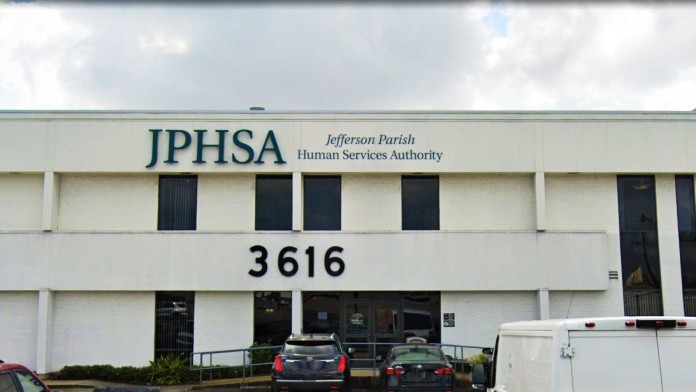
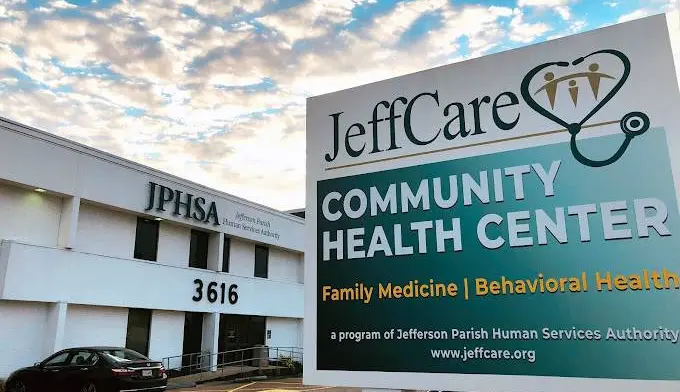
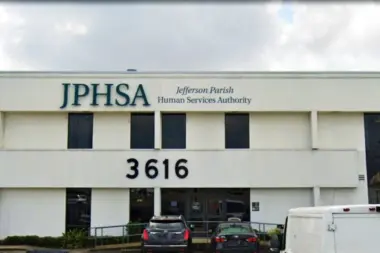
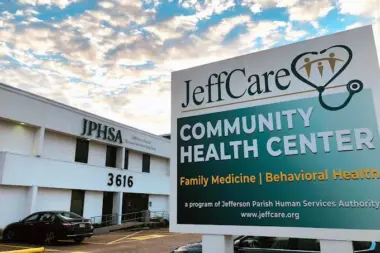
Other Forms of Payment
Private insurance refers to any kind of healthcare coverage that isn't from the state or federal government. This includes individual and family plans offered by an employer or purchased from the Insurance Marketplace. Every plan will have different requirements and out of pocket costs so be sure to get the full details before you start treatment.
Self-pay involves paying for treatment out of your own pocket. You can use savings or credit, get a personal loan, or receive help from family and friends to fund your treatment. If you don't have insurance or your insurance plan doesn't cover a specific program, self-pay can help ensure you still get the care you need.
Financial aid can take many forms. Centers may have grants or scholarships available to clients who meet eligibility requirements. Programs that receive SAMHSA grants may have financial aid available for those who need treatment as well. Grants and scholarships can help you pai for treatment without having to repay.
Sliding scale payments are based on a client's income and family size. The goal is to make treatment affordable to everyone. By taking these factors into account, addiction recovery care providers help ensure that your treatment does not become a financial burden to you or your family, eliminating one barrier to care.
Medicare is a federal program that provides health insurance for those 65 and older. It also serves people under 65 with chronic and disabling health challenges. To use Medicare for addiction treatment you need to find a program that accepts Medicare and is in network with your plan. Out of pocket costs and preauthorization requirements vary, so always check with your provider.
Medicaid is a state based program that helps lower-income individuals and families pay for healthcare. Medicaid covers addiction treatment so those enrolled can use their coverage to pay for rehab. When a program accepts Medicaid the client often pays very little or nothing out of their own pocket.
Addiction Treatments
Levels of Care
Outpatient Programs (OP) are for those seeking mental rehab or drug rehab, but who also stay at home every night. The main difference between outpatient treatment (OP) and intensive outpatient treatment (IOP) lies in the amount of hours the patient spends at the facility. Most of the time an outpatient program is designed for someone who has completed an inpatient stay and is looking to continue their growth in recovery. Outpatient is not meant to be the starting point, it is commonly referred to as aftercare.
Clients enrolled in rehab aftercare programs have completed high-level treatment and are typically in the maintenance phase of their recovery, receiving customized services designed to support their sustained sobriety. Case managers and care teams typically begin to plan for the client's rehab aftercare services early in the treatment process to ensure the client's fluid reentry into their home, workplace, and community. These programs evolve as clients' needs change, and frequently include peer coaching, relapse prevention, and career counseling.
Treatments
Many of those suffering from addiction also suffer from mental or emotional illnesses like schizophrenia, bipolar disorder, depression, or anxiety disorders. Rehab and other substance abuse facilities treating those with a dual diagnosis or co-occurring disorder administer psychiatric treatment to address the person's mental health issue in addition to drug and alcohol rehabilitation.
Mental health rehabs focus on helping individuals recover from mental illnesses like bipolar disorder, clinical depression, anxiety disorders, schizophrenia, and more. Mental health professionals at these facilities are trained to understand and treat mental health issues, both in individual and group settings.
Programs
Adult rehab programs include therapies tailored to each client's specific needs, goals, and recovery progress. They are tailored to the specific challenges adult clients may face, including family and work pressures and commitments. From inpatient and residential treatment to various levels of outpatient services, there are many options available. Some facilities also help adults work through co-occurring conditions, like anxiety, that can accompany addiction.
Young adulthood can be an exciting, yet difficult, time of transition. Individuals in their late teens to mid-20s face unique stressors related to school, jobs, families, and social circles, which can lead to a rise in substance use. Rehab centers with dedicated young adult programs will include activities and amenities that cater to this age group, with an emphasis on specialized counseling, peer socialization, and ongoing aftercare.
Clinical Services
If you undergo cognitive behavioral therapy in Louisiana, you may engage in role playing, face your fears, and learn to calm your mind and body. These techniques are designed to help you recognize unhealthy patterns of thinking and to learn healthy ways of coping with challenges.
Dialectical Behavior Therapy (DBT) is a modified form of Cognitive Behavioral Therapy (CBT), a treatment designed to help people understand and ultimately affect the relationship between their thoughts, feelings, and behaviors. DBT is often used for individuals who struggle with self-harm behaviors, such as self-mutilation (cutting) and suicidal thoughts, urges, or attempts. It has been proven clinically effective for those who struggle with out-of-control emotions and mental health illnesses like Borderline Personality Disorder.
Group therapy is any therapeutic work that happens in a group (not one-on-one). There are a number of different group therapy modalities, including support groups, experiential therapy, psycho-education, and more. Group therapy involves treatment as well as processing interaction between group members.
In individual therapy, a patient meets one-on-one with a trained psychologist or counselor. Therapy is a pivotal part of effective substance abuse treatment, as it often covers root causes of addiction, including challenges faced by the patient in their social, family, and work/school life.
The purpose of family therapy is to create a supportive and understanding dynamic between family members. Therapists assist families in identifying and changing negative, harmful patterns while improving open and honest communication. This provides a stable foundation for the recovery journey.
An integral part of addiction rehab in Louisiana is life skills training. This training equips you for the daily tasks you'll need to successfully navigate post treatment. Training may include employment coaching, stress management techniques, financial budgeting, and interpersonal skill development.
Nutrition therapy is a holistic therapy that allows you to relearn healthy habits you have lost during active addiction. Therapists help you identify the best foods that will give your body the nutrients it needs for recovery and daily living.
Therapy sessions that involve creative activities are known as creative arts therapy. During this treatment, you'll participate in various art forms, such as music, dance, or drawing, to express yourself. You don't need any artistic skills to benefit.
Amenities
-
Residential Setting
-
Private Setting
Staff
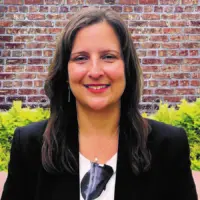
Rosanna DiChiro Derbes, PsyD
Executive Director
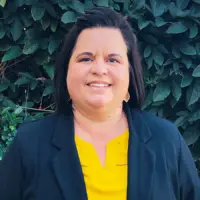
Christy Dempster
CFO
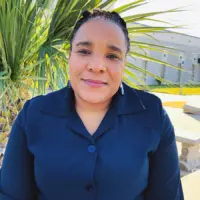
Nicole Sullivan-Green
Developmental Disabilities Community Services

Jennifer Zinter
Behavioral Health Community Services Division

Chandra Carr-Lamothe
Division Director

Shawnta Gardener-Taylor, MS, LPC
Chairperson
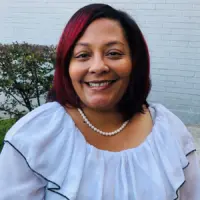
Robin Parker-Brooks, DBH, LMSW
Vice Chairperson
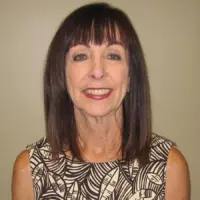
Patricia C. Ehrle
Finance & Accounting Professional
Contact Information
3616 S I-10 Service Rd W
#200
Metairie, LA 70001